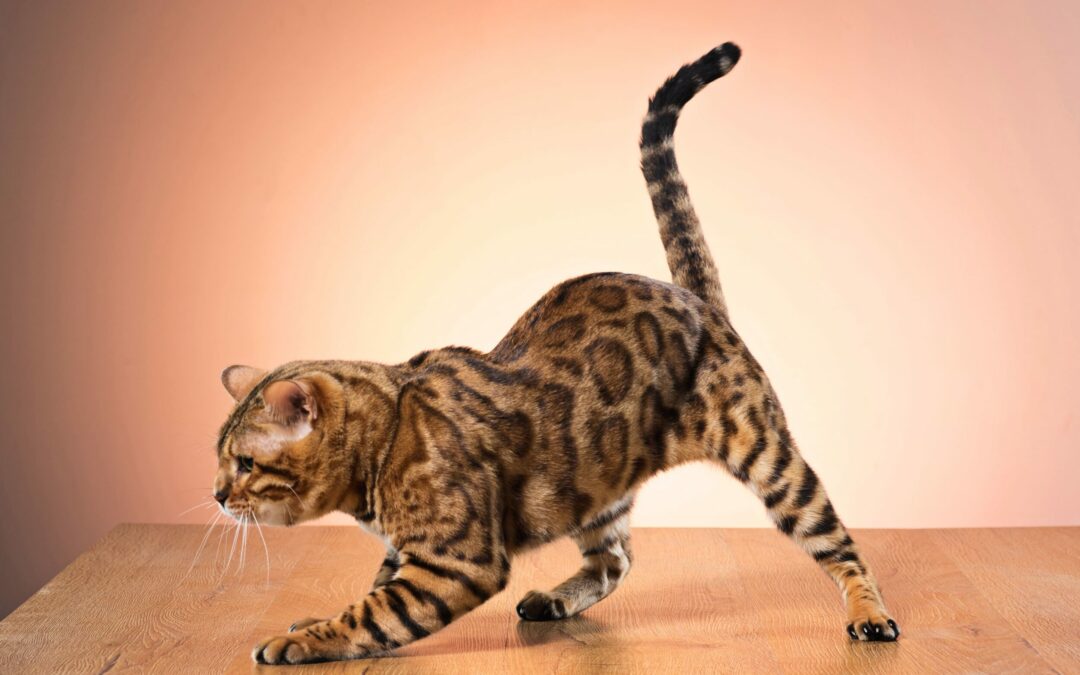One day you come home, and when you open the door you see something on the floor. They look like feathers, you bend down to see it better and you confirm, they are feathers; but where did they come from? You decide to follow the trail, a little path of feathers that takes you to the bedroom. That’s odd. As you get closer to your bed you are suddenly invaded by the words you once read in an article or told by a friend; “wait… did he?”, you think, and then bingo! There you have it: the corpse of a bird rests on your pillow, the one on which you sleep and which smells intensely of you. And if you feel watched, it’s because you’re being watched: your cat stalks you and is showing off, waiting for your reaction.
And here is another mysterious feline behaviors of your pet cat’s large family has and that we are about to reveal in this article. Read on and find out why your cat brings you hunting presents.
A bit of history about cats
The ancestors of your kitten already walked around the Earth millions of years ago, but not more than 10,000 years ago the Egyptians, with a very good eye, began to use these impeccable hunters to eliminate any trace of rats, mice and snakes from their precious granaries, thus inaugurating the era of the domesticated cat (or miu, as they called them imitating their meow).
The Egyptians worshipped this protective being and even consecrated it; and when the family pet died, they mummified it and surrounded it with valuable objects, and even mourned him by shaving their eyebrows. Another curious -and adorable- fact is that mice were often left embalmed next to the mummified cat so that it could continue to play and hunt happily around the immense green meadows in its new “eternal life”.
Innate hunting instinct
So many Egyptians and for so many thousands of years could not be wrong: cats are excellent innate hunters, and that also made them a protective figure for the family. They were aware of it and still are; in fact, it is very likely that your pussycat sees you as a helpless being and without any kind of ability for hunting, so it feels responsible for demonstrating its abilities as a hunter. In addition, it is believed that by doing it he also practices something that is written in his DNA, which is to teach the inexperienced ones to hunt, as mothers do with their kittens from the origins of the existence of this animal.
It’s not a threat, it’s cat love
If you ever feel like you are in a scene similar to the one described at the beginning of this article, do not panic or get angry with your cat pet, it has nothing against you, but on the contrary: it loves you, respects you, and expects to be praised. He is thanking you, in his own way, that you offer him a roof and daily food, and he does so by carrying out what it is best at, which is hunting; and he leaves his offering, his hunting present, in a place that smells of you and that, therefore, it relates to you. A kind of throne of the leader of the pack, who -although you have no hunting instinct at all- is you. In short, if your cat has left you a dead animal in an intimate place for you, it is declaring its cat love to you, and he expects you to acknowledge it.
It is clear that, unlike a cat that does not live in a human home, domestic cats have no need to hunt for food, but it is something that is part of their hunting instinct. And although probably no one has taught them directly, it is something that they carry within and that they need to demonstrate and develop, and that they must transmit to the other members of their “pack”, of which you are also part.
